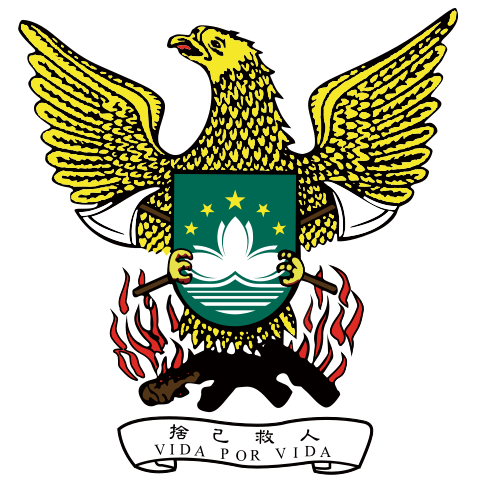The Macao Polytechnic University (MPU) said in a recent statement that Cambridge University Press published The Cambridge Handbook of Working Memory and Language, which was co-edited by MPU’s Faculty of Languages and Translation Associate Professor Wen Zhisheng and Professor John Schwieter from Canada.
The statement noted that the handbook offers “a comprehensive, updated and systematic discussion of the important role of human working memory in first and second language acquisition, processing, language impairment and cognitive training for the academic community at large”.
According to the statement, the handbook comprises 40 chapters and is almost 1,000 pages long, with over 80 leading scholars in related fields from research teams based around the world that wrote and contributed to it. Wen and Schwieter, the statement said, wrote the last chapter, which incorporates “models of working memory with language acquisition and processing”.
The book’s contents, the statement pointed out, are divided into five thematic sections that discuss “the important role of working memory in different linguistic domains”. The chapters in the sections are related to theoretical models and measurements; general linguistic theories and frameworks; first language processing; bilingual acquisition and processing; language disorders, intervention, and cognitive training.
The statement said that the handbook offers an “important reference” for researchers, clinicians and speech therapists, among others, in a variety of fields such as linguistics, education and speech therapy. It also provides the academic community with “the most comprehensive and latest theoretical and practical discourses on working memory and language research”, the statement underlined.
Further details can be found at https://www.cambridge.org/core/books/cambridge-handbook-of-working-memory-and-language/B9DC19AD1E505F54F497752C77E6560B

This image recently provided by the Macao Polytechnic University (MPU) shows the front cover of the “The Cambridge Handbook of Working Memory and Language”.








